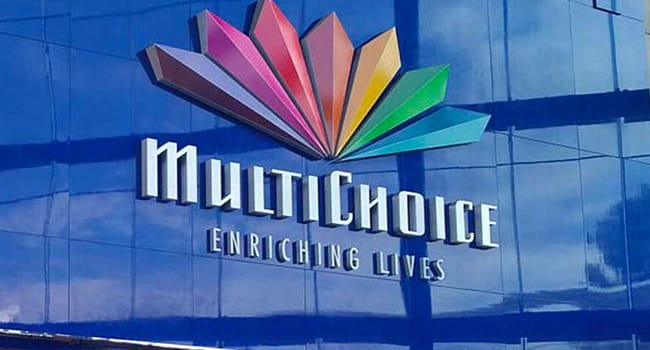
MultiChoice Ghana Bows to Government Pressure with Significant DStv Price Reductions
After intense negotiations and regulatory pressure, MultiChoice Ghana has agreed to reduce DStv subscription fees following weeks of government intervention. The breakthrough represents a major victory for Ghanaian consumers who have long complained about excessive pricing compared to neighboring countries.
Joint Committee Formation Marks Turning Point in Price Dispute
Ghana’s Ministry of Communications, Digital Technology and Innovation has successfully partnered with MultiChoice Ghana to establish a collaborative approach toward addressing high subscription costs. This joint committee will negotiate reduced fees that benefit viewers nationwide while ensuring sustainable business operations.
Critical Data Submission Breaks Month-Long Deadlock
Minister of Communications Sam George announced the agreement on Friday, September 5, following a tense standoff that threatened MultiChoice’s operating license. The decisive moment came when MultiChoice finally submitted comprehensive pricing data that officials had requested for months.
George emphasized the importance of this transparency: “That data gave us the evidence we needed to push for a fair outcome.” The submitted documentation included detailed bouquet cost breakdowns, tax structures, and pricing comparisons across six African countries.
Government’s 30% Price Cut Ultimatum Creates Urgency
The government had previously issued a stern ultimatum in August, demanding MultiChoice reduce subscription fees by 30% or face operational suspension. This directive included a GHC 10,000 daily penalty for non-compliance, demonstrating the administration’s commitment to consumer protection.
Officials justified this aggressive stance by highlighting significant price disparities between Ghana and other African markets. Despite the Ghanaian cedi being among the world’s strongest-performing currencies in 2024, consumers continued paying premium rates for DStv services.
Shocking Price Disparities Fuel Consumer Advocacy
The pricing analysis revealed striking differences across African markets. DStv Premium subscribers in Ghana pay approximately $83 monthly, while Nigerian customers enjoy identical services for just $29. This massive gap sparked public outcry and government intervention.
MultiChoice initially resisted the directive, proposing alternative solutions including rate freezes and halted profit repatriation. However, George rejected these offers, maintaining that actual price reductions were essential given the cedi’s impressive 40% appreciation against the dollar in 2024.
Accelerated Timeline Puts Pressure on Final Negotiations
The newly formed stakeholder pricing review committee includes representatives from multiple organizations: the ministry, National Communications Authority (NCA), MultiChoice Ghana, and MultiChoice Africa. This diverse composition ensures balanced negotiations protecting both consumer interests and business viability.
While MultiChoice requested 30 days to finalize exact reduction amounts, Minister George insisted on completing the process within two weeks. The September 21 deadline creates urgency for reaching a mutually acceptable agreement.
What This Means for Ghanaian DStv Subscribers
This development signals significant relief for thousands of Ghanaian households struggling with high entertainment costs. The price reductions will make premium television content more accessible to middle-income families while maintaining service quality standards.
The government’s successful intervention also sets a precedent for future utility pricing disputes, demonstrating the administration’s willingness to challenge multinational corporations when consumer interests are at stake.
MultiChoice Ghana’s agreement to reduce DStv subscription prices represents a landmark victory for consumer rights advocacy in Ghana. Through strategic government intervention and data-driven negotiations, officials have successfully challenged pricing disparities that disadvantaged Ghanaian consumers for years. The September 21 deadline ensures swift resolution, promising immediate relief for subscribers who have endured premium pricing despite favorable economic conditions. This case demonstrates how effective regulatory pressure can achieve fair pricing while maintaining business sustainability, setting a valuable precedent for future consumer protection initiatives across Ghana’s telecommunications and entertainment sectors.









Leave a Comment
You must be logged in to post a comment